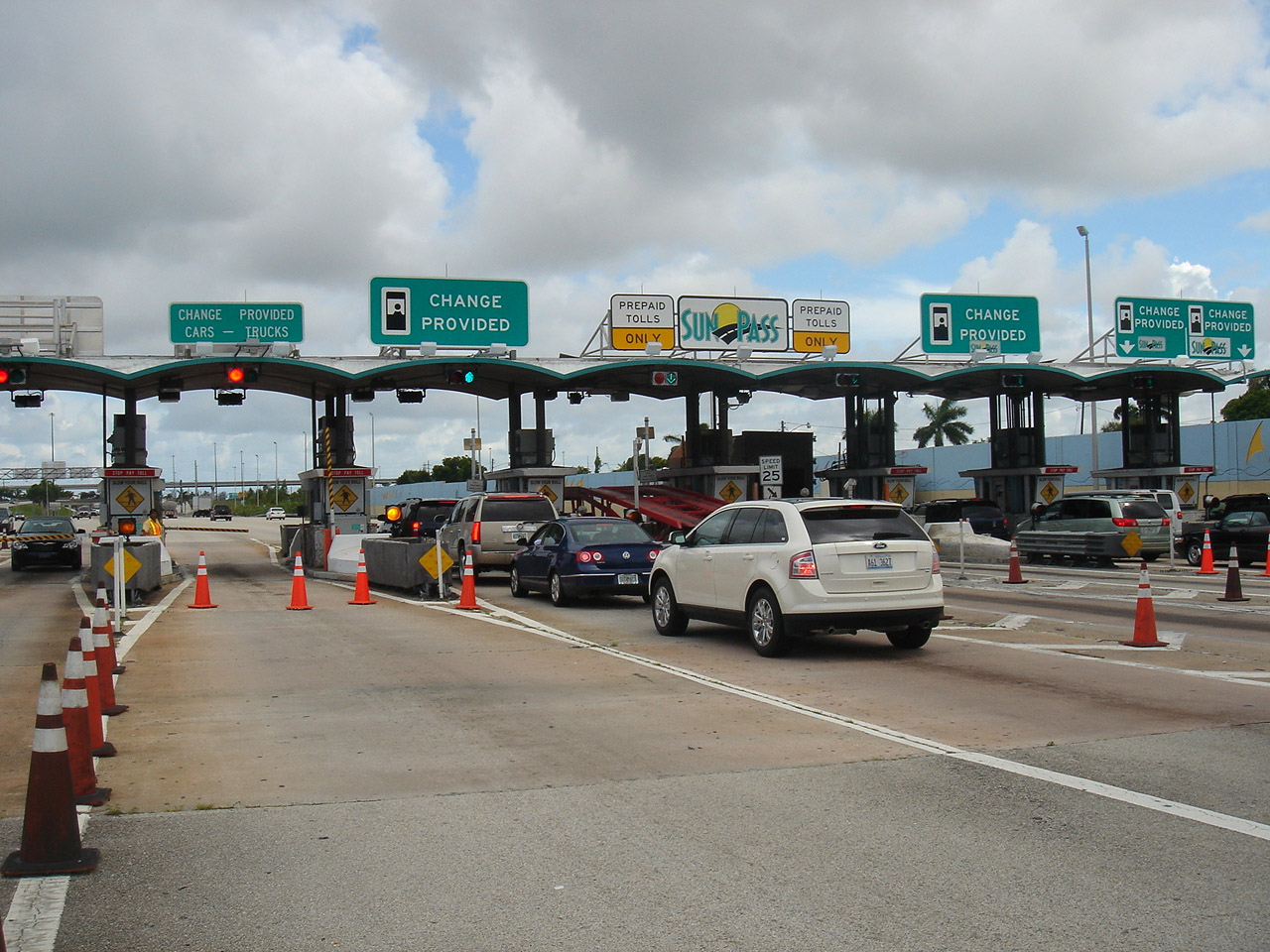

- Raising taxes is never a popular option, and at the moment there are no convenient ways of coming up with the trillion dollars necessary for preserving the quality of the interstate highways – except, maybe, one
By Derek Sun
A huge problem is looming for America’s highways. They are reaching the end of their 50-year design life, and will all need to be rebuilt over the next several decades.
The federal government estimates that the cost of reconstruction and prudent widening is nearly $1 trillion, and we have yet to find a reliable source for this money. Faced with this dilemma, an idea worth considering is instituting tolls to raise funds to pay for repairing America’s roads.
The U.S. has a tolling pilot program, but all the slots are currently used. To allow other states to rebuild their interstate systems through tolling, the best decision at the moment would be to expand the three-state Interstate System Reconstruction and Rehabilitation Pilot Program to all 50 states and allow participating states to use it to reconstruct all Interstate highways in their states, not just one.
To gain the support of drivers and other highway users, provide stronger protections to ensure that the tolls are pure user fees that can be used only for the capital and operating costs of the rebuilt rural and urban Interstates. Tolling is a way of raising money that will not burden consumers with higher sales or income taxes, and makes sense because all people who use something should logically be expected to contribute to keeping it operational. It is unlikely to experience too much opposition or controversy from any parties, and is estimated to provide enough money to fund repairs.
The current three-state pilot program is deficient in that it allows a state to hold onto its slot without using it, precluding other states from going forward. The highway user protections are critically important, given the well-justified skepticism of highway user groups based on a history of some states using toll road revenues for other transportation purposes and even “economic development.”
All highway user groups endorse the users-pay/users-benefit principle, but they will only support toll-financed reconstruction if the tolls are guaranteed to be pure user fees, not a combination of user-fee and general transportation tax.
Raising taxes is never a popular option, and at the moment there are no convenient ways of coming up with the trillion dollars necessary for preserving the quality of the interstate highways. However, tolls are a sensible choice for paying for repairs.
Setting up tolls and raising the money would be ideally handled by state governments rather than the federal government. There are a number of reasons why this approach would guarantee the highest efficiency and most intelligent solutions for roads in each state. Each state government would assess the quality of its roads, which areas need the most urgent repairs, and exactly what the repairs and the total costs would be. States would then collect tolls from drivers after interstate repairs are completed, and ensure that all the tolls are electronic and interoperable nationwide.
Assigning the work to individual states lessens confusion and places the responsibility of repairing the roads on people most familiar with conditions in their respective states, rather than relying on Washington politicians and bureaucrats who may end up doing a terrible job of carrying out shoddy and poorly planned repairs.
Would Washington ever relinquish its power of the purse over state highway projects? GIVE US YOUR THOUGHTS below!
The post State and local tolling can save the U.S. interstate system appeared first on Absolute Rights.